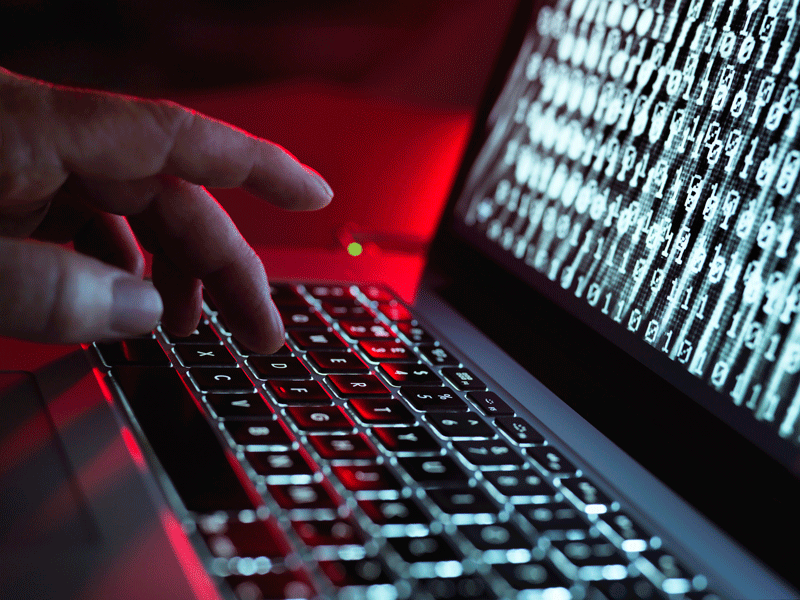Cyberattacks affect more than two-thirds of German manufacturers
According to a recently published report, cybercrime has cost German industry $50bn over the past two years

As an industrial powerhouse, Germany's manufacturing sector is a particularly high value industry and has become an alluring target for those wishing to commit cybercrime
A new report by Germany’s largest IT sector association, published on September 6, has revealed the astronomical cost of cybercrime within the country’s manufacturing industry.
Bitkom surveyed 503 managers and security chiefs across the German industrial sector and found that 68 percent of firms had been subject to a cyberattack in the past two years, with 47 percent of those attacks causing significant harm. This equated to €43bn ($50bn) worth of damage across the sector.
The survey highlighted multiple ways in which firms were targeted; two-thirds of participants had mobiles stolen, and one quarter had lost sensitive digital data.
Of those surveyed, 19 percent had fallen victim to sabotage of IT and production systems, 11 percent had their communications tapped, and 21 percent had experienced thefts of sensitive documentation or machinery. Small and medium sized enterprises (SMEs) were revealed as being the most vulnerable to attacks.
Cyberattacks can be financially crippling, particularly for SMEs, and it can take months to rebuild data protection structures
Achim Berg, Head of Bitcom, said in a statement published by Reuters: “With its worldwide market leaders, German industry is particularly interesting for criminals.” He also urged firms to step up their cybersecurity measures and invest in data protection, stating: “Those who do not invest in IT security are negligent and endanger their business.”
Germany is Europe’s largest economy and one of the world’s leading exporters. The country’s development and implementation of advanced manufacturing techniques has made heavy industry a high-value sector and a continual target for hackers. Notably, a significant number of German energy and electricity providers suffered a widespread cyberattack in June this year, which was later attributed to Russian hackers.
Bitcom’s latest report proves that it is more vital than ever before for companies to invest in cybersecurity and protect themselves against digital threats. Cyberattacks can be financially crippling, particularly for SMEs, and it may take months to rebuild data protection structures.
As Thomas Haldenwang, Vice President of the BfV domestic intelligence agency, said: “Illegal knowledge and technology transfer, social engineering and economic sabotage are not rare individual cases, but a mass phenomenon.”
Cyberattacks are becoming an inevitability in our digitally focused world, and companies must continually evaluate the robustness of their online security systems to protect themselves from ever-evolving threats.













